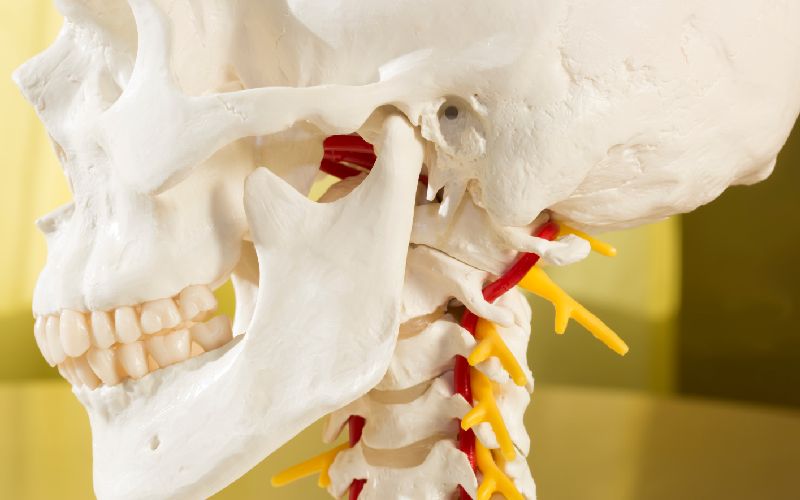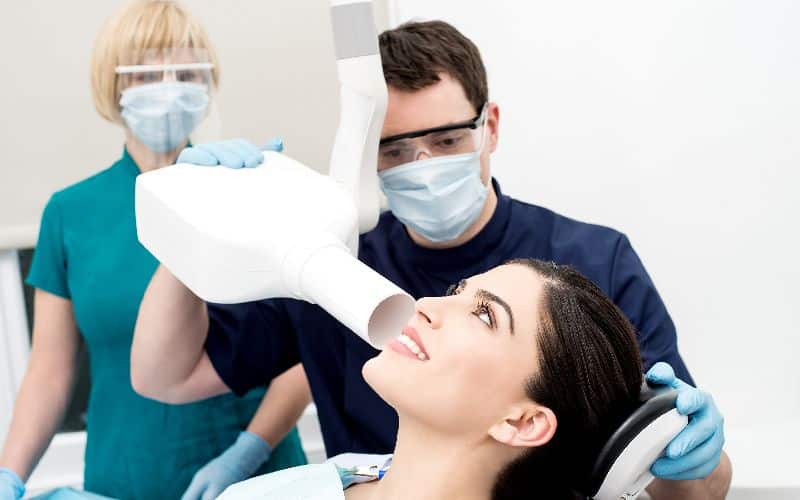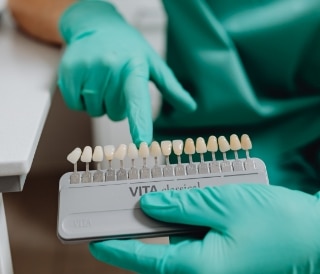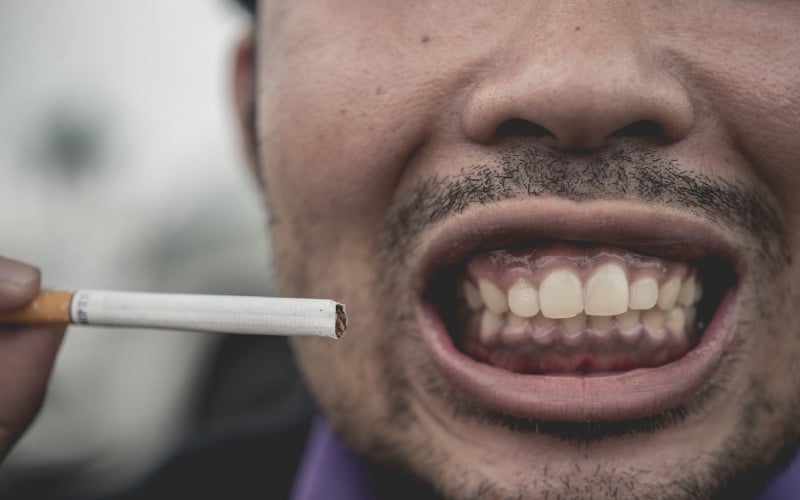Temporomandibular Joint (TMJ) disorder, also known as temporomandibular joint dysfunction (TMD), is a condition that affects the jaw joint and the surrounding muscles, causing pain, headaches, and other issues.
TMJ disorder has a multifaceted nature, and several different factors may cause it or contribute to it. These factors include both dental and medical problems, which can also work in combination to cause or aggravate TMJ disorders.
What Is the Temporomandibular Joint?
The temporomandibular joints are the jaw joints on either side of the head, which connect the jaw bone to the skull. It is one of the most complex joints, because of the wide range of motion it allows. It works with facial and chewing muscles to allow you to speak, eat, make facial expressions, and swallow.
What Is a TMJ Disorder?
Because the temporomandibular joints are so complex, and are used so heavily, they can be prone to issues and dysfunction, which can result in temporomandibular joint disorder. Symptoms can include jaw pain, clicking or popping of the jaw, limited jaw movement, headaches, and ear and facial pain. Often, it isn't a single cause that leads to temporomandibular disorders; both dental and medical factors are often involved.
Dental Factors
Misalignment of teeth or malocclusion, which is how the upper and lower jaws fit together when you bite, are common causes of TMJ disorders. A malocclusion can lead to uneven pressure on a temporomandibular joint, straining it and putting excessive force on it, and causing pain and discomfort.
Teeth grinding and clenching are also common dental factors contributing to TMJ disorders, because the facial muscles are constantly putting strain on the joint. Furthermore, a malocclusion may lead to teeth grinding, and wear on teeth may cause or aggravate a malocclusion. This creates a cycle of deterioration that puts more and more stress on the jaw joints.
Medical Factors
TMJ disorders can be linked to various medical conditions and traumatic jaw injuries.
Stress and anxiety are significant concerns, since they lead to teeth grinding and jaw clenching, aggravating the symptoms of TMJ and damaging the joint further.
Additionally, rheumatoid arthritis and osteoarthritis can affect the temporomandibular joint, leading to jaw pain and impaired function. The network of muscles and nerves around the TMJ connecting it to the neck, shoulders, and head is intricate, allowing for various medical conditions, joint diseases, and muscle or nerve issues to impact these jaw joints.

Multifaceted Factors Involving Jaw Joints and Jaw Muscles
Classifying TMJ disorders as either dental or medical problems is complex, and in most cases, underlying causes can involve factors from both domains. Different factors aggravate each other, as they are all linked to one another. A multidisciplinary approach, with dental and medical health care professionals, including rheumatologists and neurologists, may be needed for diagnosis and treatment.
The Role of the Dentist In Diagnosis
Dentists play a key role in diagnosing temporomandibular disorders, as oral health experts. Dental professionals will assess a patient's dental occlusion, bite alignment, and wear and tear on teeth. Patient history, and various diagnostics and dental imaging techniques, including x-rays and digital imaging will be done as part of regular checkups, which helps identify TMJ disorders.
Treatment For TMJ Disorders
Regardless of an initial cause for an individual's TMJ disorder, treatment often needs to be interdisciplinary to offer pain relief, reduce symptoms, and treat the joints and muscles. Successful treatment needs to address both aspects of the condition. In severe cases, surgery may be required, which may require dental or medical specialists, or both, but nonsurgical treatments are very effective in most cases.
Medical Treatments
Medical treatments include pain relievers, relaxation techniques, and physical therapy that targets the jaw and surrounding muscles.
Dental Treatments
Dental treatment approaches for TMJ disorder are aimed at restoring proper function and improving oral health. Dental treatment options include orthodontics to correct malocclusion, dental splints and night guards to alleviate teeth grinding, adjustments to dental prosthetics, and other treatments.
Orthodontics
Orthodontic treatments correct any malocclusion and realign the teeth and jaws, to reduce the strain on the jaw joint.
Mouth Guards
Dental splints, or bite guards, and night guards are custom-made appliances that treat the concerns of teeth grinding to prevent further damage to the temporomandibular joint and teeth. They add a protective barrier between the upper and lower teeth, and promote better positioning, to ease muscle tension and distribute bite forces evenly.
Bite Correction and Prosthodontics
Dentists use various techniques to adjust the surfaces of teeth and even out a patient's bite, to make chewing and talking easier, while reducing strain on temporomandibular joints.
Since missing teeth affect a person's bite, dental implants and bridges may help correct alignment issues and restore proper function. Also, if restorations or prosthodontic pieces have shifted or are not in an ideal position or height, for any reason, they may need to be adjusted.
Botox
Botox injections help reduce excessive clenching of jaw muscles. These can be administered by a dentist or medical professional.

At Toronto Smile Centre, we try to take a holistic approach to your oral health. If you have jaw pain, chronic pain in the face, neck, or shoulders, jaw locking issues, or other TMJ symptoms, book an appointment today. Early treatment can prevent your condition from worsening.

Priyanka Choudhary, DDS, is a distinguished dentist in Toronto with extensive experience in dentistry, focusing on implants and general care. Beginning her career with a BDS from SGT Dental College in India in 2010, she expanded her credentials with a DDS from the University of Western Ontario in 2019. Dr. Choudhary also completed an Implant Residency in 2022 and is currently enhancing her expertise through a Mini MBA at York University, anticipated in 2024. Renowned for her advanced dental techniques and compassionate care, she actively contributes to her field through continuous education and participation in industry events. Beyond her professional endeavors, Dr. Choudhary enjoys gardening and exploring Toronto's cultural sites with her family, reflecting her nurturing nature and community engagement.






